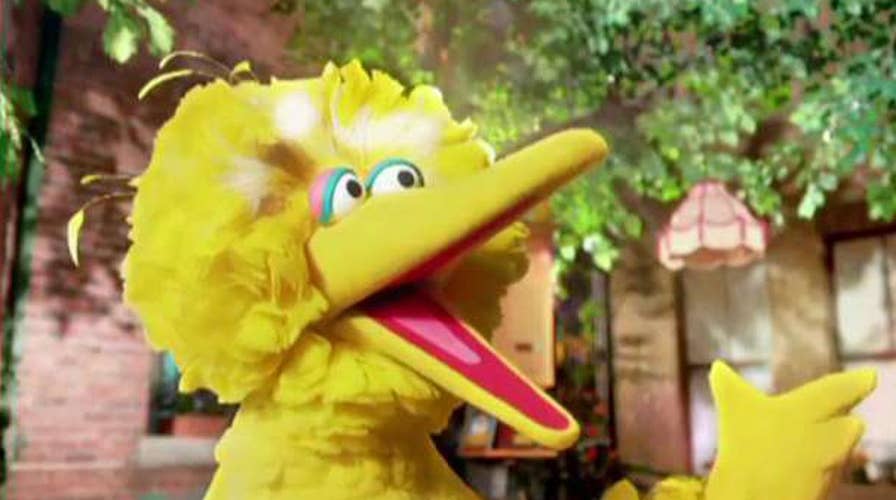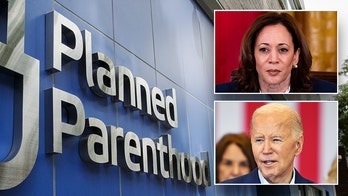House Democrats dusted off their 2012 playbook at a House hearing Tuesday as they decried proposed budget cuts to the Corporation for Public Broadcasting -- accusing President Trump of wanting to “give Bert and Ernie a pink slip.”
In Trump's budget blueprint released earlier this month, the CPB’s federal funding would be cut entirely.
In 2016, the agency which funds a range of outlets from NPR to PBS, received a $445 million slice of the federal government’s $4 trillion budgetary pie. However, PBS gets just 15 percent of its budget from CPB, with the rest coming from donations and other sources.
Yet at the House Appropriations subcommittee hearing Tuesday on CPB funding, Rep. Nita Lowey, D-N.Y., described the proposal as "ghoulish," lamenting "another effort to ax it and give Bert and Ernie a pink slip."
The image of Big Billionaire vs. Big Bird has been political gold for Democrats before. In 2012, then-Republican nominee Mitt Romney was blasted for proposing similar cuts to PBS -- and by extension “Sesame Street.”
Romney even addressed the criticism directly in a presidential debate when he said: “I like PBS. I love Big Bird … But I’m not going to keep on spending money on things to borrow money from China to pay for it.”
The argument now, however, is tougher for Democrats to make as Big Bird, Bert and Ernie are housed on HBO, and not directly threatened by the cuts.
Rep. John Moolenaar, R-Mich., pushed back on the claim Sesame Street was at risk, noting its HBO base now.
“You’re doing some innovative things with HBO and others, earlier it was mentioned Bert and Ernie getting pink slip but it seems they’ve become private contractors in some ways,” he said.
The subscription-based HBO does have a deal with PBS to rebroadcast episodes on a delayed basis -- so access could be restricted.
Democrats added that other popular children’s shows, such as “Curious George” and “Thomas and Friends” could be under threat.
“We need to consider the profound impact this organization has had in our communities,” said Rep. Rosa DeLauro, D-Conn.
"PBS is the number one source of media content for a preschool teacher … [it is] responsible for high quality content that aligns with math, literacy and science early learning goals,” she said.
CBP President and CEO Pat Harrison, who appealed for funding levels to remain the same, noted during the hearing that the agency has a special impact in rural communities where early learning resources may be scarce.
“I know there’s been a lot of talk about coal miners and coal miners kids and we serve those people,” she said. “This is local content that matters to local people.”
“The loss of the appropriation … in terms of early childhood [development], it would be disastrous,” she said.
Harrison also pushed back on implications that PBS could be replaced by the content available on many commercial stations. “Our mission is very different from commercial media, our mission is to serve the people with education that really matters in their lives.”
However, Rep. Andy Harris, R-Md., voiced concern that some of the material put out by CPB has been ideological. He pointed in particular to a TV show that referred to those “who are against marriage equality.” He said the wording was biased and loaded.
“Agenda is not education,” he said. ”I beg you, if you come for government funding, you must remove as many vestiges of political agenda as you can.”
Some Democrats, meanwhile, pointed to the potential elimination of what they saw as impartial journalism funded by the CBP as a sign of a more sinister motive by the Trump administration.
“This is another move by the Trump administration to shut down the free media,” Rep. Barbara Lee, D-Calif., said, adding, “I am shocked but not surprised.”





